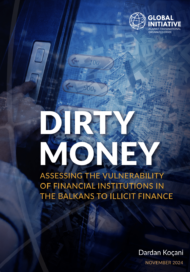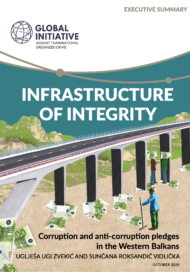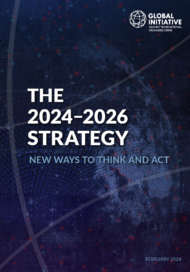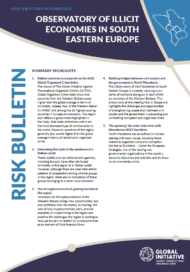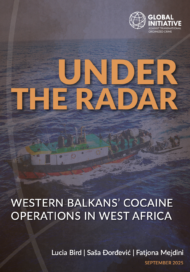Posted on 18 Nov 2024
Despite efforts to prevent illicit finance – such as the adoption of international frameworks, Financial Action Task Force (FATF) standards and the EU’s anti-money laundering (AML) directives – financial institutions in the Western Balkans remain highly vulnerable to sophisticated criminals and the inherent risks in the formal financial system. Financial institutions such as banks, microfinance institutions, cryptocurrency services and money transfer services are frequently exploited by criminals to move illicit money across borders.
This report delves into the structural weaknesses and vulnerabilities that facilitate money laundering in the Western Balkans. One major insight is the impact of cryptocurrency, where regulatory shortcomings enable anonymous, cross-border transactions that are hard to trace. Financial technology, while promising innovation, also introduces fresh risks, especially where compliance and monitoring frameworks have yet to catch up. With no centralized registry for politically exposed persons (PEPs) or beneficial owners, financial institutions often lack critical information, inadvertently providing cover for criminal actors.
The study identifies specific methods used to launder money, such as smurfing through bank accounts, taking out suspicious bank loans, engaging in real estate purchases, and employing frontmen. Notable cases in the region expose systemic vulnerabilities in banks, where criminal actors leverage insider support or regulatory gaps to move substantial amounts undetected. Furthermore, public-private partnerships in AML enforcement remain insufficient, creating weak links that are frequently exploited.
This report provides strategic recommendations for governments, financial institutions and non-state actors in the region to address these gaps, emphasizing the need for robust inter-agency collaboration, stronger regulatory frameworks, and consistent training for AML officers. The region needs a heightened, collaborative effort to prevent local financial institutions from becoming conduits for transnational organized crime and dirty money laundering.
